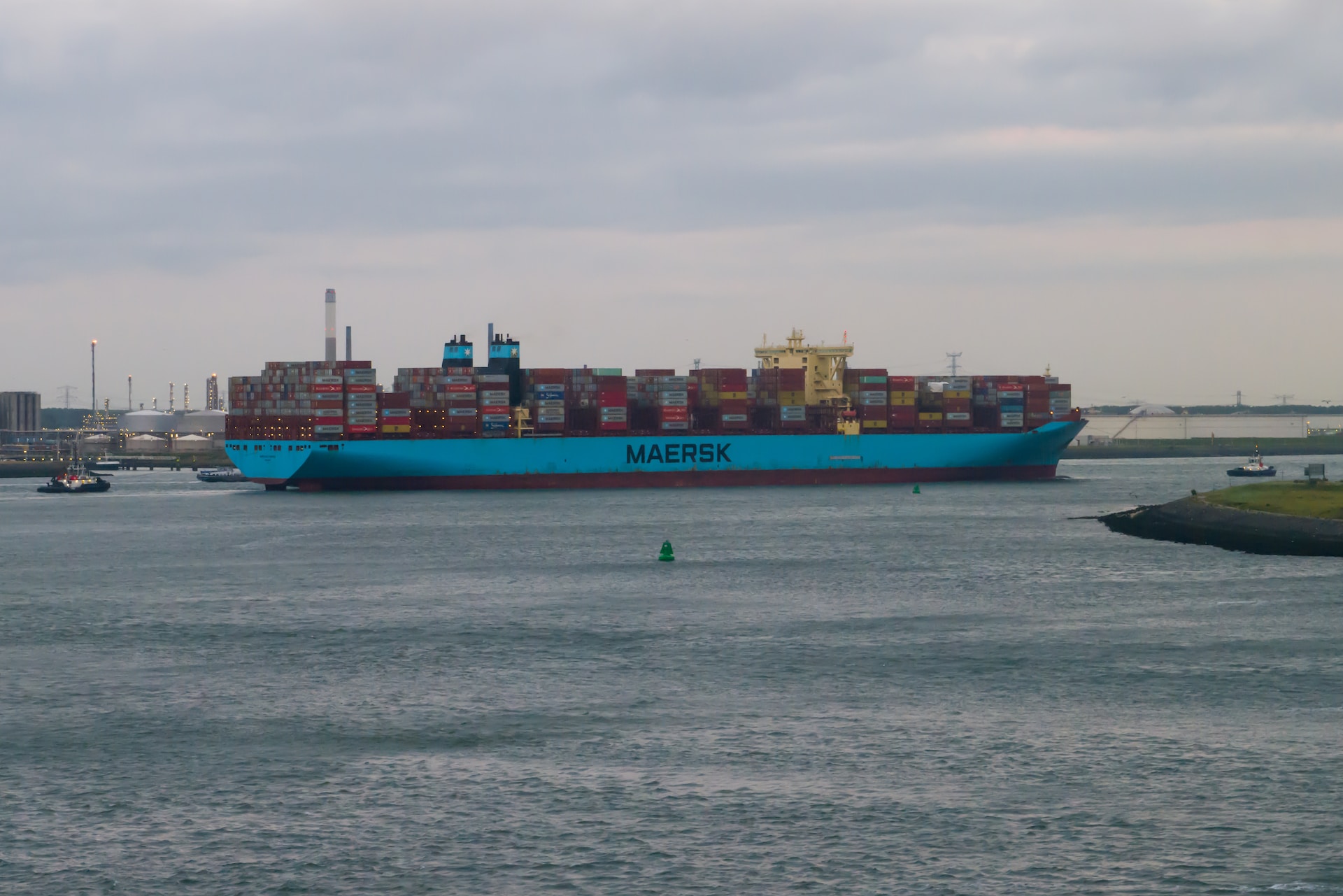Danish shipping giant Maersk has announced a prolonged diversion of its vessels away from the Red Sea, citing safety concerns amid a series of attacks by Houthi militants. The decision to extend this diversion indefinitely comes as a response to the continuously evolving and highly volatile security situation in the region, as confirmed by available intelligence.
In a statement, Maersk emphasized their commitment to ensuring more consistency and predictability for customers, albeit acknowledging potential delays in deliveries due to this strategic rerouting. This redirection circumvents the usual Europe-Asia route via Egypt’s Suez Canal, opting instead for the longer Cape of Good Hope passage around southern Africa.
Several European companies, including Ikea, Next, and Electrolux, have cautioned about possible delays in product deliveries attributed to disruptions in the supply chain caused by these diversions.
Maersk had initially resumed passage through the Red Sea and Gulf of Aden after a temporary pause in December. However, renewed safety concerns emerged following an attack on one of its vessels, prompting the company to suspend travel through this region once more.
Despite a U.S.-led military operation aiming to maintain a defensive presence in the Red Sea and responding to Houthi aggression by engaging their boats, uncertainties persist for companies relying on this critical trade route.
The Houthi militants, supported by Iran and based in Yemen, have stated their intention to target vessels destined for Israel in solidarity with the Palestinians amid the conflict in Gaza. However, attacks have been reported on ships headed for various destinations, exacerbating concerns over maritime security.
CEO Vincent Clerc highlighted that circumventing Africa could add between two to four weeks to a ship’s transit time between Asia and Europe, depending on travel speed. This detour significantly impacts delivery schedules and logistics, affecting global trade that heavily relies on the Red Sea route.
Approximately 15% of worldwide seaborne trade passes through the Red Sea, a crucial corridor for international commerce. Analysts note that while disruptions are occurring, they may not cause as extensive supply chain disruptions as seen during the COVID-19 pandemic due to increased supply capacity since 2021.
Maersk’s shares experienced fluctuations following the announcement, despite the company’s strong performance in the European market this week, marking a gain of over 16%. The ongoing redirection of vessels by Maersk underscores the intricate challenges facing global trade and maritime security amid heightened regional tensions.


